I’m writing this in the middle of a two-week quarantine in the UK. Don’t worry, I don’t have any Covid-19 symptoms—it’s just a precaution for people arriving from certain “high-risk” countries.
Why the UK (with 46,000 deaths) is quarantining people from Serbia (with 500 deaths) could be the subject of another post about the intersection of Covid rules and international power relations, but today it’s all about the books, and I had an excellent reading month. Here’s my roundup.
They Came Like Swallows by William Maxwell
The story of a family being torn apart by a terrifying pandemic, this novel was written in 1937 but has obvious resonance today. I loved it, just as I loved William Maxwell’s So Long, See You Tomorrow, which I reviewed back in 2010.
Police: A Field Guide by David Correia & Tyler Wall
I’ve been reading a lot about the police lately, but this book takes a unique approach: treating the world of policing like a new landscape to be explained through entries for various common terms, like wildlife in a field guide. It made me think about the language we use and why we use it, e.g. “officer-involved shooting”, which anonymises and neutralises and carefully avoids assigning blame.
Sword by Bogdan Teodorescu
This Romanian novel is hard to classify. It centres around a series of murders, but the crime aspect takes a back seat to political intrigue and hypocrisy. And it’s also a novel with plenty to say about anti-Roma discrimination. Excellent translation by fellow book blogger Marina Sofia, capturing the different registers of speech in a wide cast of characters ranging from street hustlers to corrupt politicians.
Bread, Cement, Cactus: A Memoir of Belonging and Dislocation by Annie Zaidi
Another book that resists easy classification, this one is billed as a memoir but reads more like a series of essays on the state of the nation of India. Zaidi does bring in her personal experiences, but they remain in the background. Still, it’s a book with plenty of fascinating and somewhat terrifying insights into belonging and exclusion in contemporary India.
American Poison: How Racial Hostility Destroyed Our Promise by Eduardo Porter
Why does the United States have such an inferior healthcare system, social safety net, education system, etc., compared with other rich nations? Eduardo Porter’s argument in American Poison is that racism is to blame, dividing Americans and making it impossible to achieve social progress. It’s a persuasive argument that’s backed up with plenty of facts and data.
Little Fires Everywhere by Celeste Ng
Beneath the serene surface of life for the wealthy Richardson family is a whole lot of conflict, as suggested by the fact that their house gets burnt down in the opening scene. The novel goes back to unpick the seams in the family and the town, with divisions erupting in a custody battle over a Chinese-American baby, the tension between the affluent Richardsons and their bohemian tenants, resentments within the family, a secret abortion, etc. I listened to this on that long drive across Europe and really enjoyed it.
Rivers of the Anthropocene edited by Jason M. Kelly et al
As we enter the Anthropocene age in which humans have such a huge impact on the environment, how are our rivers affected? In this series of academic articles, the picture is quite clear: most major rivers are now so controlled, disrupted and polluted by human activity that they are no longer entirely “natural” entities. Instead, they’re a kind of hybrid form, and since we’ve destroyed so many of their natural processes, we’re now responsible for restoring their health—something we’re not doing a great job at so far.
Exile: Rejecting America and Finding the World by Belén Fernández
Wow. After five years on the road, I thought I was living quite a bohemian life, but it looks very staid compared to Belén Fernández’s adventures. Exile is her account of rejecting life in the USA, hitch-hiking around the world for more than a decade, and commenting on her country’s malign role in world affairs. It’s a great combination of travel writing and political commentary, with plenty of humour thrown in too.
The Monster Enters: COVID-19, Avian Flu and the Plagues of Capitalism by Mike Davis
Don’t listen to anyone who claims that Covid-19 came out of nowhere and could not possibly have been predicted. While the specifics are of course unpredictable, people have been warning of a pandemic like this for years. Mike Davis, for example, sounded the alarm bell 20 years ago with The Monster at Our Door, and this is his 2020 update. Most of the book is a reprint of the original (updated in 2006 I think) and refers more to avian flu than coronaviruses, but there’s still lots to learn from it, and the book includes his updated take on Covid-19. Sadly, many of the tactics from earlier epidemics (denial, delay, diverting blame, protecting the economy at the expense of public health, etc.) are still on display from many world leaders in 2020.
The Verdict
After a lull in June, this was a really good month of reading for me. I learnt a lot from all the non-fiction and enjoyed the novels too, but I think the one that will stay with me the longest is They Came Like Swallows, William Maxwell’s short novel about the Spanish flu.
How was your reading month? Let me know in the comments! And if you want to see more book bloggers’ reading recommendations, check out the roundup of roundups over at Feed Your Fiction Addiction.
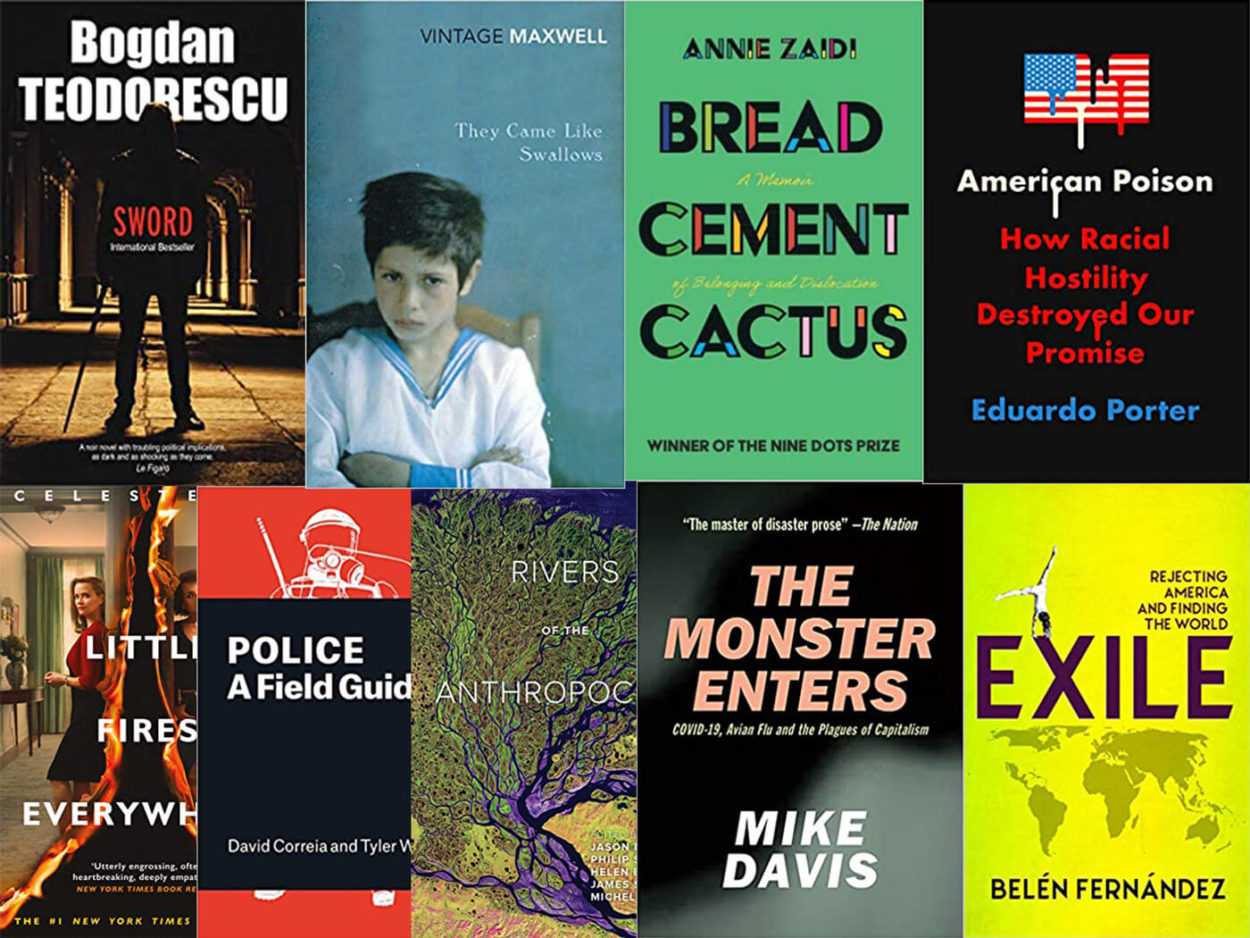
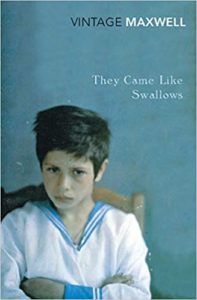
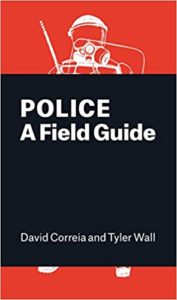
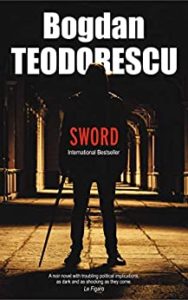
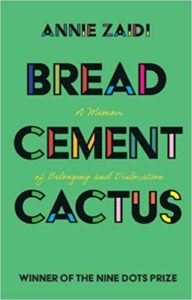
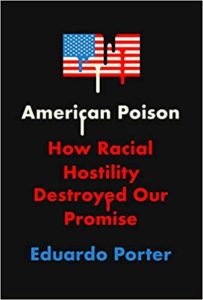
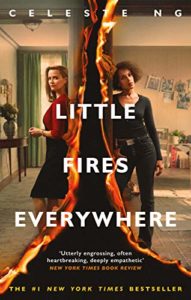
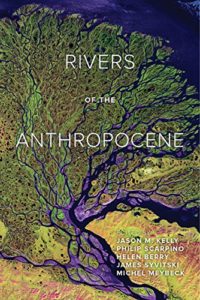
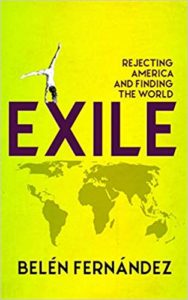
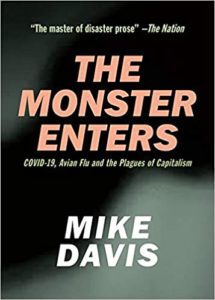



There are 20 comments
I have not read a single book you did! But, I’m glad to know that you had an excellent month, and what you read that you loved. Someone said to me that the quarantine is an introvert’s dream, and I must confess that once I know everyone I love is safe, it is! Time to read with no other responsibilities? Heaven!
I often find the same thing when I read other bloggers’ roundups, Bellezza! There are so many good books out there. Yes, I think I’m perfectly made for quarantine too. I’m also lucky that I can work from home, so don’t have to make the choice between earning money and staying safe. Lots of reading time is fine with me 🙂
Working from home is an added bonus…for the men! My husband is now working from home, says he loves the commute, but I am not used to accounting to him for everywhere that I go. Not that I go anywhere I shouldn’t, it’s just that I haven’t had to shout up the stairs, “I’m going to the grocery store!” ever before.
??
Haha, I hadn’t thought of that! So much of the talk now is of the transition to working from home, but I haven’t seen as much attention paid to the people who were already home. Genie and I have both been freelance for years, so I guess we got used to being in each other’s way ages ago 😉 In fact, it’s easier now – we used to be in cramped hotel rooms, and now we’ve got a whole apartment to move around in!
Thanks for the reminder about William Maxwell. He’s an author I’ve been meaning to explore further for a while, and this particular novel seems like a timely read. It’s great to hear that you loved it so much.
(PS Those Vintage editions always remind me of Richard Yates, probably because the covers are very similar in terms of style!)
Ah, now it’s my turn to thank you, Jacqui. I think I’m the only person in the world who still hasn’t read Revolutionary Road, although I’ve been meaning to for years. So I’ll take this as my reminder!
No, I am the only person who hasn’t read Revolutionary Road! We should amend that this year…perhaps a read along together. Or, not, as your time permits.
A readalong would be great! The next few weeks are busy for me, but I could do it in September or any time after that. Let me know what timing is good for you!
I haven’t read Revolutionary Road either 🙂 But I cheated and watched the movie 🙂
? Good for you, Vishy! How was it? Maybe I’ll watch it and read the book and compare them – that can often be interesting…
The movie is wonderful, Andrew. Leonardo di Caprio and Kate Winslet united once again for this movie and Sam Mendes direction was wonderful. Very heartbreaking story though. I think the might be better, because Yates’ prose is so beautiful. I read his ‘Eleven Kinds of Loneliness’ sometime back and his prose was so beautiful in it.
Good to know, Vishy! I think I’ll read the book first, and then watch the movie afterwards. If I like Revolutionary Road, then maybe I’ll try Eleven Kinds of Loneliness too! It’s a great title.
Wonderful books you have read, Andrew! I want to read ‘Sword’. Your observation – “Why the UK (with 46,000 deaths) is quarantining people from Serbia (with 500 deaths) could be the subject of another post about the intersection of Covid rules and international power relations” – made me smile ? Thanks for sharing your thoughts. Hope you have a wonderful reading month in August too. Happy reading!
🙂 Yeah, it’s a bit strange – I think Britain should be happy to have foreigners coming in right now! But we followed the rules anyway, and we are free again now. Hope things are OK where you are. Last I heard, India had a lot of cases but not many deaths, so I hope that low mortality rate is continuing. Hope you have a great reading month too, Vishy!
Glad to know that you are back to normal says now. Yes, here there are lots of cases. I am not sure what the exact situation is, because I stopped following the news sometime back. It was too depressing. Thank you for the wishes 🙂 Hope you have a great reading month in August too!
That’s understandable, Vishy! I think many of us were following the daily Covid updates at first and analysing all the numbers and everything, but it gets exhausting and depressing after so long. Anyway, we are back in Belgrade now, and things are getting better here. Stay safe, and happy reading!
How long are you staying in the UK? Hey, will you have trouble traveling around come January with Brexit?
I loved Sword when I read it in its French translation. Amazing book with vivid descriptions of political machinery.
I’m curious about Exile. It sounds fascinating.
Just another week or so, Emma. We were planning a quick trip and then back to Serbia again before the rules change. Quarantine has delayed us, so now we’re trying to finish up as quickly as we can. We’re going to stay in Serbia and use it as a base when we start travelling again.
Not sure what’s happening with Brexit (how many times have I typed that over the past few years?). The government has been focusing on the important things like changing the colour of the passport, so the minor details of how everything else in life will work after January are still TBD.
The last I heard was that we might be treated like Americans after January – free to travel in the EU, but only for three months at a time. So if that’s true, the kind of trip we did for five years will be impossible for future generations of Brits, which would be a shame… Right now, we’re not planning to travel much until Covid is under control anyway, and who knows when that will be?
Good to hear from you! Hope things are getting back to normal (or at least towards normal) with you in Lyon.
You read heavy-subject books this month that are relevant to today. I know that history tends to repeat itself and it saddens me every time the US administration puts blame on others instead of just doing what needs to be done to get this under control and save lives. My favorite book in July was Goddess in the Machine, by a debut author who built an incredible futuristic world with twists I never guessed were coming.
I agree, Danielle. It’s such an appalling and unnecessary destruction of people’s lives.
Goddess in the Machine sounds wonderful – glad you enjoyed it!